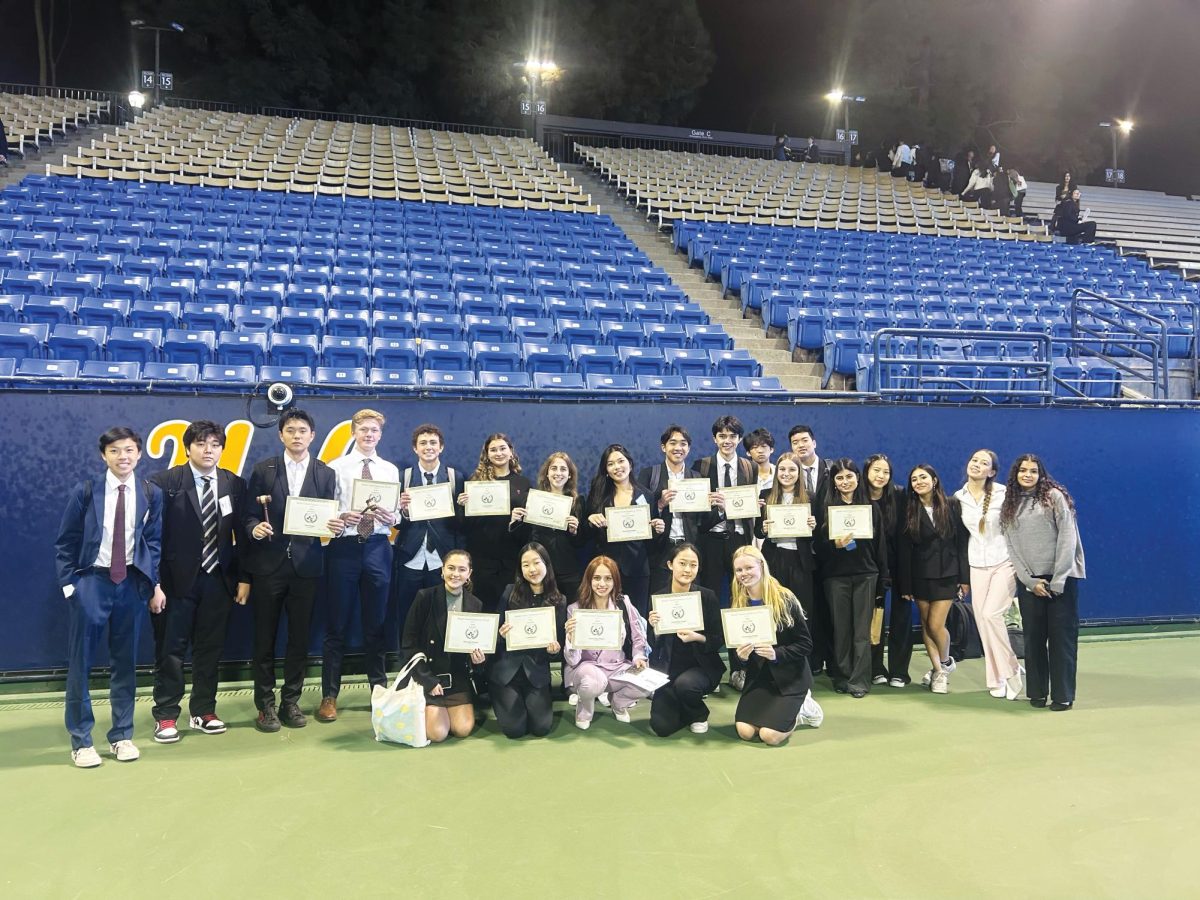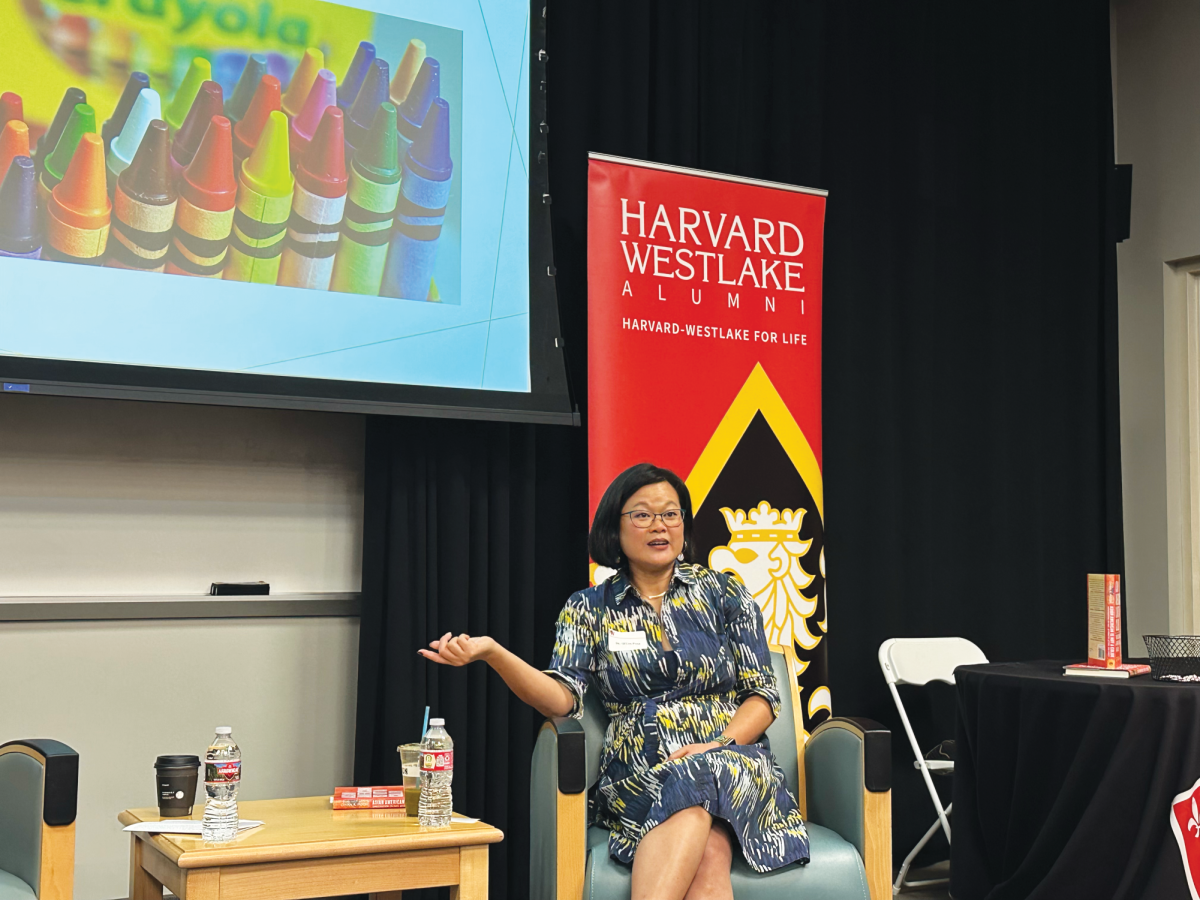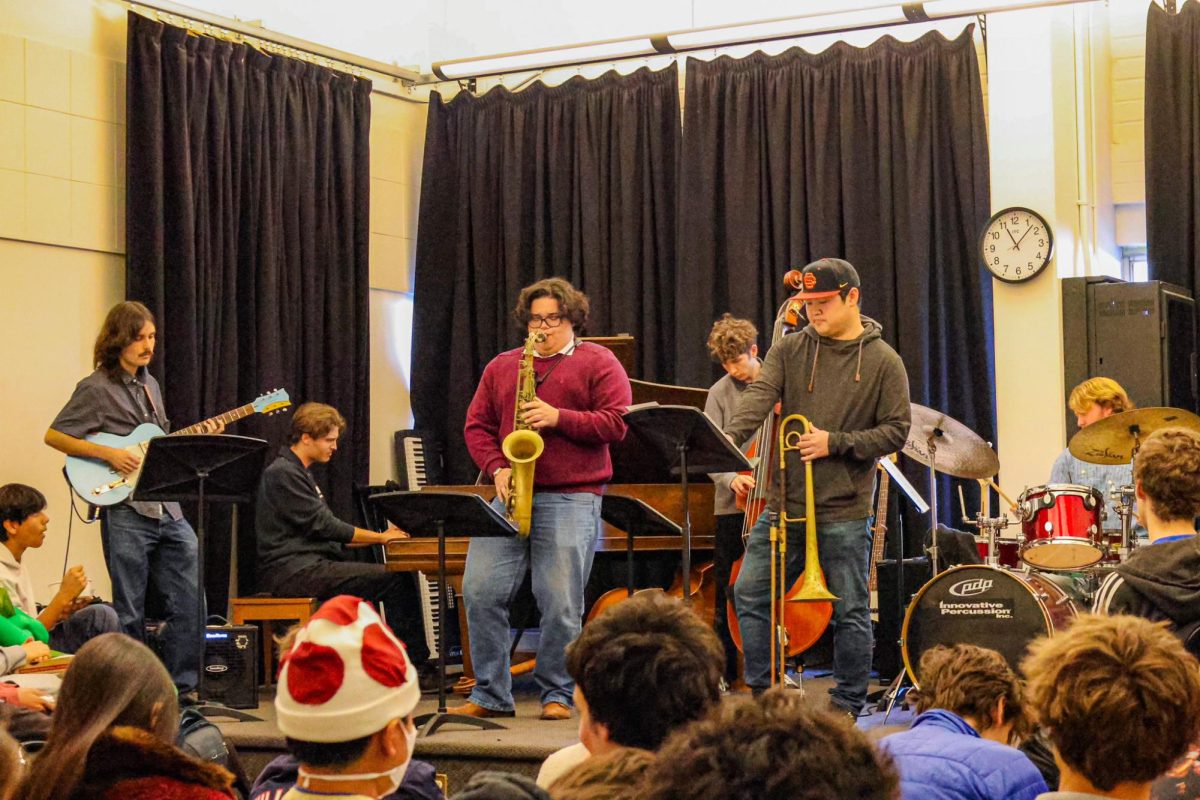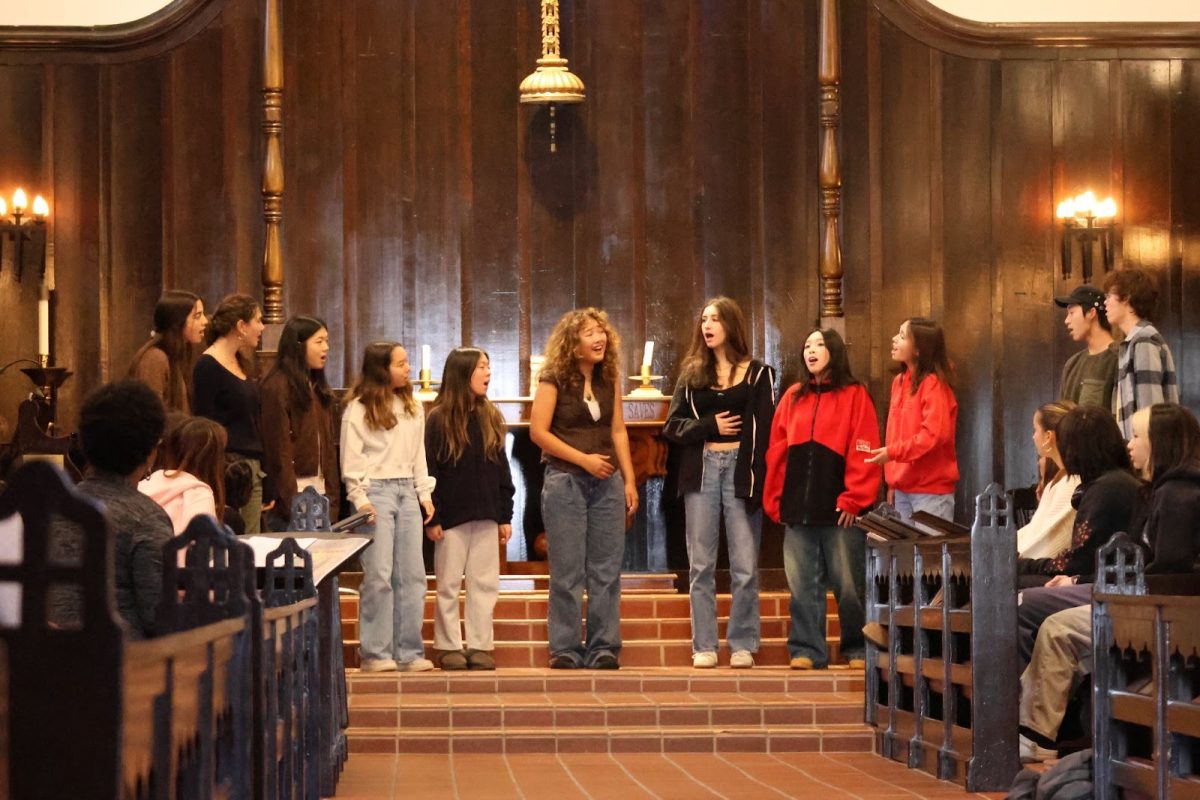Cultural immersion, the anthem of the year, played itself boldly across glossy welcome packets and brochures: School Year Abroad, Spain. “Become part of the warm, rich Spanish culture.” Terms like “global citizen” and “language mastery” beckoned to curious students like siren-calls and tempted us with benefits that alumni claimed would resonate across college years and maybe even a lifetime. They promised us another home, a second family.
In the short time they presented the program I conjured fanciful notions of eating paella in the small kitchen of my bustling Spanish family and exploring the streets of the south, bathed in the white sunlight of March. Soon after, I dismissed all of these daydreams and reduced them to a laughable hypothetical question to pose to my friends at lunch: “What would happen if I actually left for one year?” And that was supposed to be where it ended, but it didn’t. I embarked on the silly hypothetical and ended up, one year later in an unforeseeable reality: Zaragoza. I went with two suitcases and the ingrained assumption that, just like the many before me, I would find another home there.
But it didn’t work out that way.
I was hesitant to jump to such a conclusion because, how could I, really? Generalizing such a vast space in which I had only lived for nine months seemed simply foolish.
However, there were cultural norms that I couldn’t quite subscribe to. My Spanish friends spent nights out hopping bar-to-bar eating tapas and sipping mixed drinks, while I spent mine out to dinner with friends, or at the art studio trying to perfect my take on Picasso. Much to the surprise of my family, I didn’t drink wine at dinner (I didn’t like it), nor did I smoke (ditto).
There seemed to be only a part of me that was Spanish. I felt at home reading Zafón or cheering for Dani Pedrosa during the Motorcycle Grand Prix, but even this wasn’t enough. All of my peers seemed to joyfully accept the customs of our new home and grew to feel a sense of belonging abroad; indeed, some left feeling more Spanish than American. I left in limbo: I didn’t feel like I fit entirely into either place.
I came to realize that it wasn’t solely the Spanish culture I did not belong to, but rather any one culture. I found in myself the ultimate paradox of being a global citizen: One’s kinship is with everyone but cannot be contained anywhere. I am an American-born mutt, half Mexican, half Puerto Rican, with an accent from the Iberian Peninsula. Though I am made up of all these places, I belong to none of them. You will find in me Mexican passion and Puerto Rican spirituality, but neither the pride nor Catholicism that usually comes with both cultures. Likewise, I am drawn to the vibrant spirit of Spanish literature but not the vibrant spirit of Spanish dance clubs.
I used to feel obligated to define myself in the terms of a single culture, and then felt both hurt and ashamed when I discovered I couldn’t. This year, though, as I opened myself up to the world, I discovered that I am too vast and complex to marginalize myself to one part of it, nor should I be forced to. Author Alain de Botton noted in Art of Travel that “…When asked where he came from, Socrates said not ‘From Athens’ but ‘From the World.’” I belong to the world and, I guess, the world belongs to me. Together we fit.































